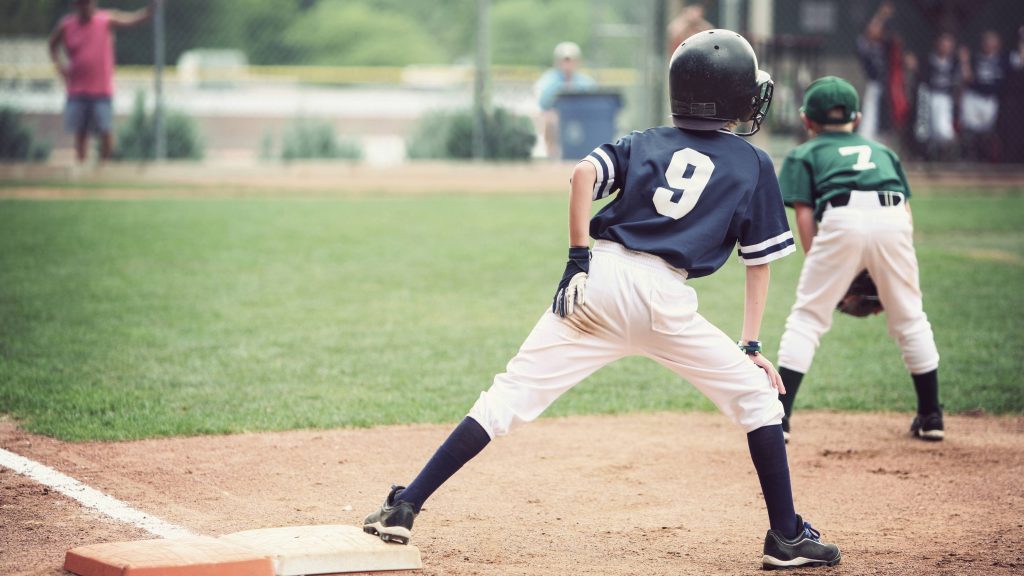-
Featured News
Avoid injury during baseball and softball season
Baseball season is here. While that’s welcome news to players and fans, injury risks for youth baseball players are higher than one might expect. For children ages 5–14, those who play baseball account for 25 percent of all sports-related injuries in that age range, according to Livestrong.
“Injuries are common in youth and adult baseball and softball players,” says Jake Erickson, D.O., Mayo Clinic Health System sports medicine physician. “Being aware of the most common injuries and their causes can prevent harm.”
Dr. Erickson says the most common baseball and softball-related injuries include:
- Damage or tear to the ulnar collateral ligament (UCL)
According to Sports Med, UCL damage often is caused by pitchers throwing too much. Knowing your limits can help prevent overuse.
- Meniscus tears
When baseball or softball players forcefully twist or rotate their knees, they are susceptible to tearing their meniscus. This aggressive twisting and pivoting of the knee can cause pain, swelling and stiffness.
- Hand and wrist pain
Damage to a hand or wrist is typically caused by sudden impact and repetitive stress. This can happen during contact with another player or while diving for a ball on the ground.
- Elbow and rotator cuff tendinitis
Tendinitis can be caused by a sudden injury but is commonly caused by the repetition of a particular movement over time. It’s especially common among pitchers.
“Overuse conditions are the most common injuries we see,” adds Dr. Erickson. “If we catch an overuse injury early, a few days of rest and recovery is typically all that’s needed to fix the problem. If athletes push through this pain and ignore warning signs, a small problem can turn into a bigger problem, which will lead to more time away from sport.”
Dr. Erickson recommends seeing a doctor if you or your child have been injured during an athletic competition.
“It’s important to get an accurate diagnosis to determine the severity of the injury. Swelling of a joint is never normal, so if you notice a swollen joint, you should see your doctor promptly.”








